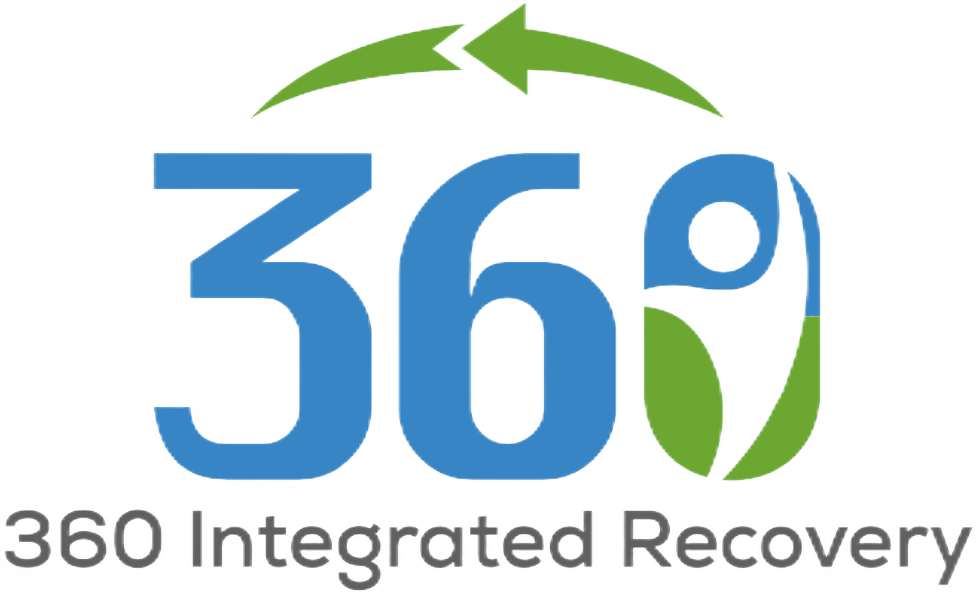Addiction is often described as a family disease due to its far-reaching effects on family members and loved ones. Understanding this impact is vital for addressing the full scope of addiction’s consequences and for healing the entire family unit.
5 Ways Family and Friends Suffer from Addiction
1. Emotional Toll
The emotional toll of addiction on loved ones can be profound. Feelings of worry, fear, anger, sadness, and confusion are common. The unpredictability of a loved one’s behavior when struggling with addiction can cause significant emotional distress.
2. Physical and Mental Health Effects
The chronic stress associated with a loved one’s addiction can lead to physical and mental health issues, including sleep disorders, anxiety, depression, and chronic illnesses such as heart disease.
3. Relationship Strains
Addiction can strain relationships, leading to trust issues, communication breakdowns, and conflicts. For children, having a parent with an addiction can lead to attachment issues and developmental disruptions.
4. Financial Impact
Addiction can lead to financial problems, with funds being directed towards substance use instead of household needs. This can result in financial instability and related stress.
5. Impact on Family Dynamics
Addiction can significantly disrupt family roles and dynamics. Children may take on adult responsibilities, or one family member might become the caretaker, while others may detach completely.
Community and Guidance
Centers like 360 Integrated Recovery understand that the impact of addiction extends beyond the individual. Their treatment approach includes family therapy and support groups for loved ones, acknowledging that family healing is a crucial part of the recovery process.
Community support also plays a key role in mitigating the impact of addiction on families. Community resources, such as support groups and educational programs, can provide much-needed assistance and resilience.
Final Thoughts
In conclusion, the impact of addiction on family and loved ones is considerable, underscoring the importance of comprehensive treatment approaches that include family support and therapy. By extending care and recovery to the entire family unit, we can address the full impact of addiction and foster a more robust, lasting recovery.




